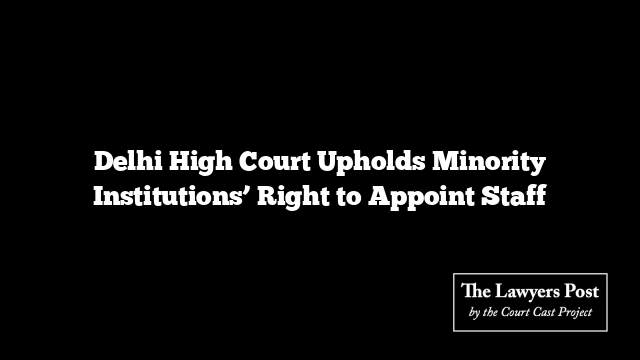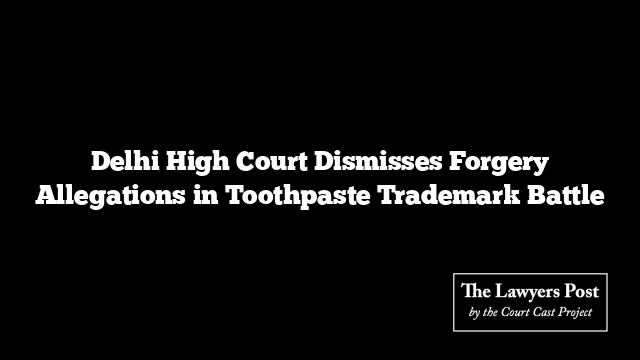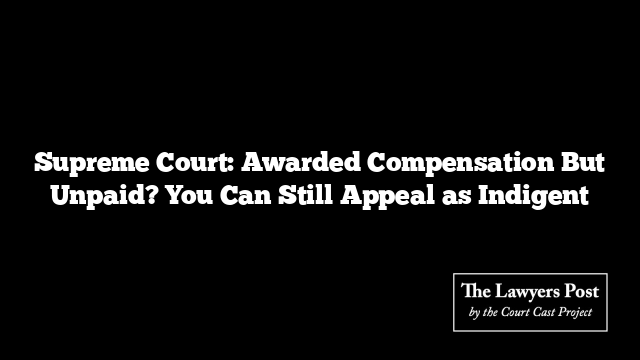The Delhi High Court has affirmed that government-aided minority educational institutions hold the unequivocal right to appoint their principals, teachers, and other staff members, without needing prior government approval. This decision emerged from the case of Delhi Tamil Education Association v. Director of Education and Ors.
Justice C. Hari Shankar clarified that the Department of Education’s (DoE) regulatory authority is confined to setting the qualifications and experience required for these positions. The court emphasized that as long as appointed principals and teachers meet these standards, the institutions can freely fill vacancies.
“The state can oversee the appropriate use of the aid it provides but cannot dictate the appointment processes of minority institutions under the guise of this financial support,” noted the judge. The verdict stressed that receiving government aid does not alter this legal stance.
This ruling was in response to a petition by the Delhi Tamil Education Association (DTEA), which contested the DoE’s refusal to approve its proposal to directly recruit for 52 vacant positions. The DoE had argued that the absence of a managing committee in the schools was the reason for their rejection.
Established in 1923, the DTEA aims to promote Tamil language and culture, operating seven linguistic minority schools with nearly 6,900 students. The court concluded that DTEA can proceed with appointments for the vacant posts without the DoE’s prior consent, overturning the department’s previous order.
The court specified that the selection committees for these appointments must be formed in line with the Delhi School Education Rules, ensuring the DoE’s role in the process is limited as outlined in the rules.
Representing DTEA were advocates Romy Chacko and Sachin Singh Dalal, while the DoE was represented by Additional Standing Counsel Yeeshu Jain, alongside advocates Jyoti Tyagi and Hitanshu Mishra.





